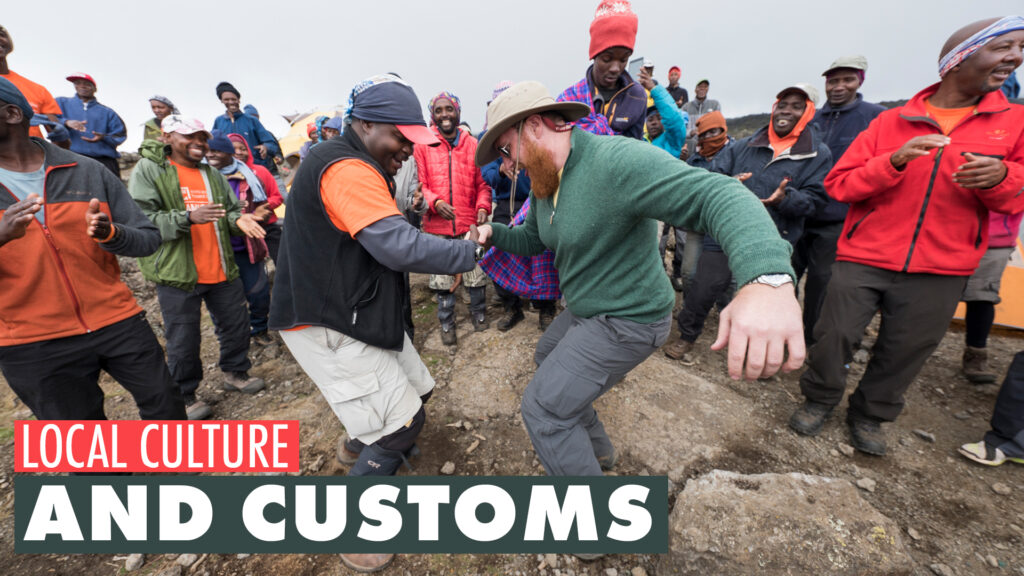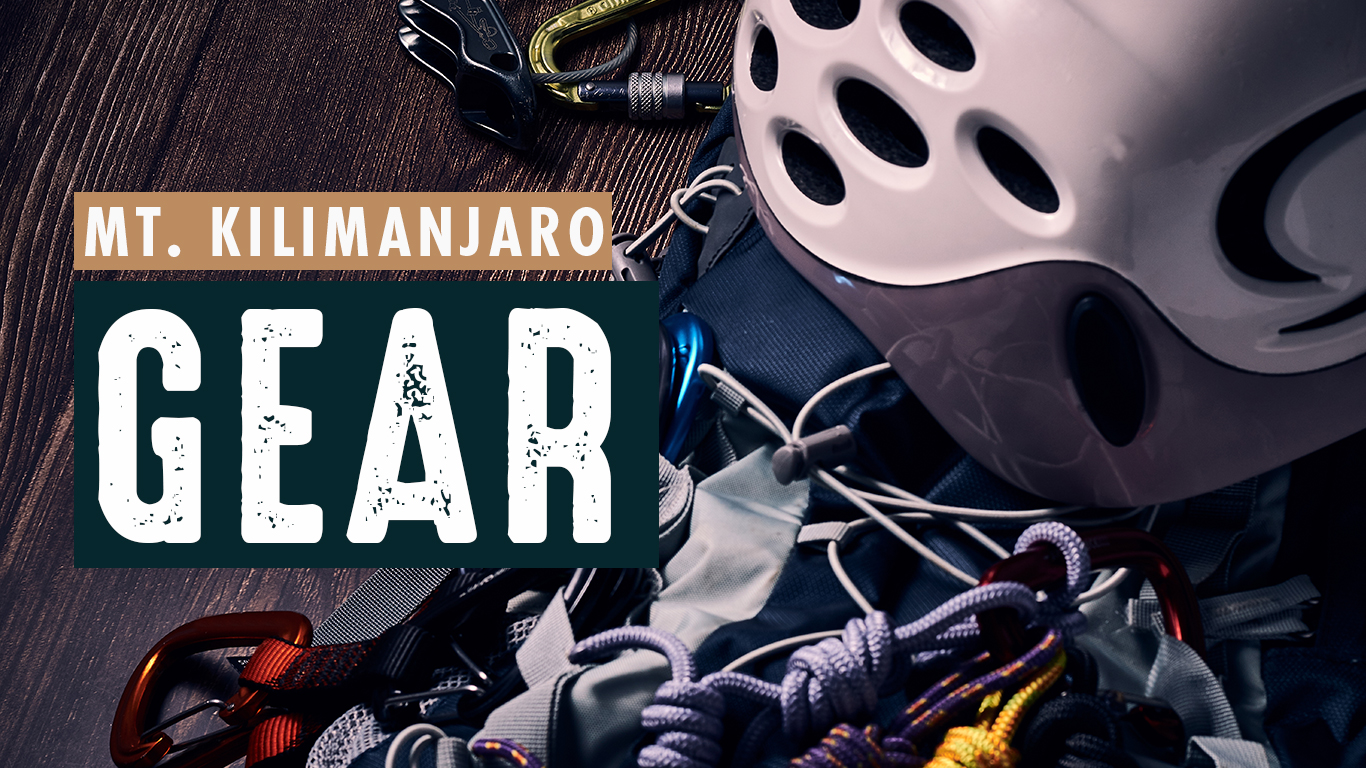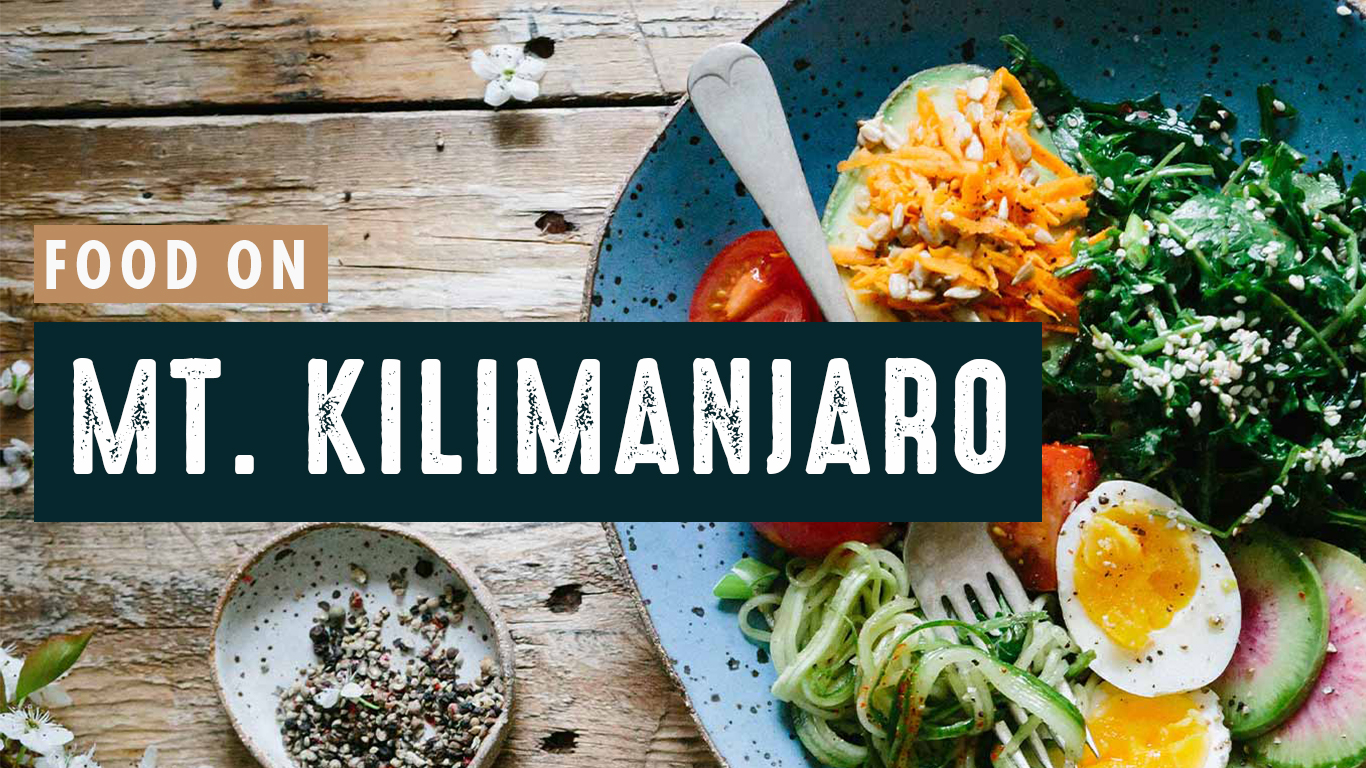
Traveling to new places is exciting and rewarding in countless ways. But even the best trip can be derailed by the last thing we might expect – our own attitude. Preconceived notions and personal biases are heavy baggage we might unwittingly carry when we travel, but can surely interfere with our experience. Just a little bit of self-reflection and strategy can go a long way toward enhanced enjoyment of our adventures and also help us be the type of visitor our hosts are glad to welcome into their homes. Acclaimed journalist Soledad O’Brien tells us that, “Bias is not inherently terrible. It’s just a reality. What’s terrible is when you know you have a bias and you don’t do anything about it”.
It is very easy to fall into a trap, viewing other cultures and situations through a Western lens. It is limiting and sometimes isolating to apply judgment on others based on criteria we have formulated at home.
This can lead to misunderstandings, stress, and negative reactions with the environments and people we have traveled so far to see.
Approaching new situations from a place of curiosity and wonder can go a long way towards navigating around these pitfalls. Stepping outside of our comfort zone with an open mind can help shift our perspective and enrich our lives. As Soledad states, “that’s the whole point of travel: to see how other people live and think.”
Quite honestly, if we wanted to be surrounded by people and customs just like our own, we could save our time and money and stay at home. But as we seek out new experiences, stimuli, and flavors in our travels, there are some simple things to keep in mind that will be to our benefit. We have probably all heard stories about ways to respect local culture and be a conscientious traveler regarding language, tipping, and gender norms. But here are some additional things to keep in mind:
Seek to understand before forming an opinion. In many places, try to view the situation in context. The different ways people do things might be traditional, passed down through generations. From cooking to dress to interactions with animals, families use time-honored methods to keep connected to their ancestors and show respect. It is a deeply personal way to ensure that future generations stay connected to their heritage as well. Just because there might be a newer, more efficient, or easier way of doing something doesn’t make that way better. Again, seek to understand first and judge last.
One real-world example of this is the following: Our team recently embarked on a post-trek safari adventure in a remarkable national park that boasts an elephant sanctuary and training facility. The compound was encircled by sturdy electric fences, and some of the elephants were in slightly smaller enclosures. Initially, one of our guests assumed this was a sign of mistreatment, and understandably, it cast a shadow over the experience.
However, another guest took a different approach and decided to visit the information center to learn more about the facility. Here, they discovered a rich history of elephant training that spanned generations, rooted in time-honored methods. Surprisingly, the electric fencing served a crucial purpose: safeguarding female elephants from potentially aggressive wild males in the area, rather than confining them.
Furthermore, the elephants play a vital role in the fight against rhino poaching. They’re specially trained to accompany park rangers on patrols, particularly in dense, remote rainforest areas where traditional vehicles can’t reach. This ingenious approach has proven to be remarkably less environmentally invasive than constructing additional roads. The outcome? The patrols have been incredibly successful in nearly eradicating poaching of the Greater One-Horned Rhino in the park, an animal that faced the brink of extinction in the 20th century.
This heartening revelation illustrates how, sometimes, appearances can be deceiving, and a deeper understanding can uncover a world of positive impact and preservation efforts.
Be childlike in your thirst for knowledge. Children are not afraid to learn about new things, try new things, and ask questions. Don’t be scared that you will come across as uninformed. Keep questions simple and direct. “I have never seen a tool like this before, can you tell me about how it works?” is a good way to start. Most people are happy to share with you as long as you approach the interaction genuinely and respectfully. Be sure to phrase things in a neutral manner. Value judgments disguised as questions won’t yield an open dialogue. An example would be something like, “oh, that woman is carrying that heavy thing, why isn’t anyone helping her?” This probably goes without saying, but ask permission before handling objects, taking pictures of people, or getting a selfie with that cool thing you just saw in someone’s home or place of business.
Do a little research. You have likely been planning this trip for a while, and some learning ahead of time can be just as important as making sure you have your passport, gear, and vaccines. Have a general sense of what the social and political environment is in the places you’ll be visiting. Most travel guidebooks offer a short history and political overview that is interesting and useful to read. Sometimes recent events such as natural disasters can make infrastructure a little challenging as well. Additionally, learn a couple of basic greetings such as “hello” and “thank you”. Make sure you know how to pronounce the names of some of the places you’ll go to. This will help you feel more informed and empowered at each stage of your journey. Even if you make a mistake, locals will appreciate the effort.
Always remember that you are a visitor. How do you act when you visit a friend or a coworker’s home? The basic principle is the same. Manners may differ from place to place, but the role of a polite visitor is pretty universal. Again, this will not only add to your enjoyment of your travels, but creates goodwill. Travelers from certain places can have reputations of being difficult; imagine being an exception to that rule. Aspire to be a visitor who changes others’ notions of travelers like you.
Be mindful about food. Try new things! Taste a dish before adding additional seasoning. If you don’t like something, you don’t have to eat it, but keep negative opinions to yourself unless you are asked directly. The food is made with a lot of love. Also, complaining about the size of meals can be off-putting to others and in some cases offensive. Many people pride themselves in making sure guests are well-fed.
Mind your place. This is true when it comes to the guiding staff, drivers, and other employees working hard to make your trip successful. Trust that the people leading you on your adventure are experts who are good at their jobs. Listen when they give you instructions and schedule reminders, and try to avoid telling them how to do their jobs. You never know what someone’s experience or background is. We’ve met guides who have advanced college degrees in everything from engineering to medicine!
Respect your fellow travelers. Wanting to be helpful is great. However, people on adventures often want to try and do things for themselves, so be considerate of others’ independence. It’s also not your decision if you do or don’t think someone else is up to a portion of the trip or physical activity. If the guide believes something to be beyond someone’s ability, the guide will make that determination and communicate it to the traveler.
Conversely, try to avoid a personal default of having everything done for you. Try to order in the local language or navigate on your own to a nearby spot if it is safe to do so. This helps you grow as a person and as a citizen of the world! We help these tenets will aid you in being a more pleasant travel companion and the type of visitor who gets asked back to the places you visit. Appreciating cultural differences is one of our favorite ways to expand our horizons and broaden our minds. An open-minded and non-judgmental traveler is a happy traveler! We hope you will agree that most of the people in this wide world of ours are generous, vibrant, and welcoming. We can only benefit from working to ensure that our shared interactions are respectful, mutually rewarding, and exhilarating.







